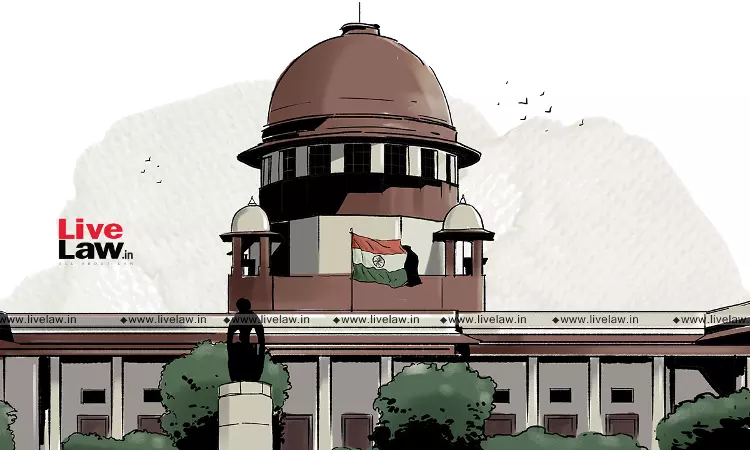The Supreme Court is scheduled to consider the issue whether both Central Bureau of Investigation (CBI) and Serious Fraud Investigating Officer (SFIO) can hold parallel investigations into offences arising out of the same FIR. The issue arose before the bench of CJI Sanjiv Khanna and Justice Sanjay Kumar which was hearing the challenge by CBI against the order of the Karnataka High Court...

